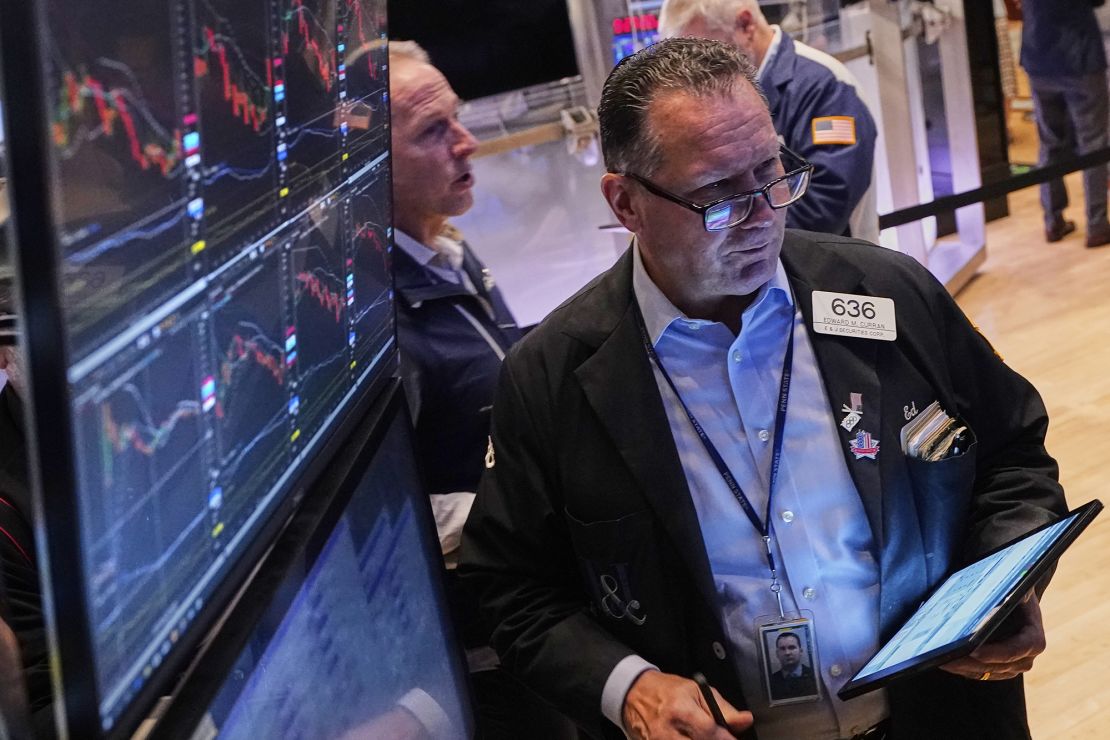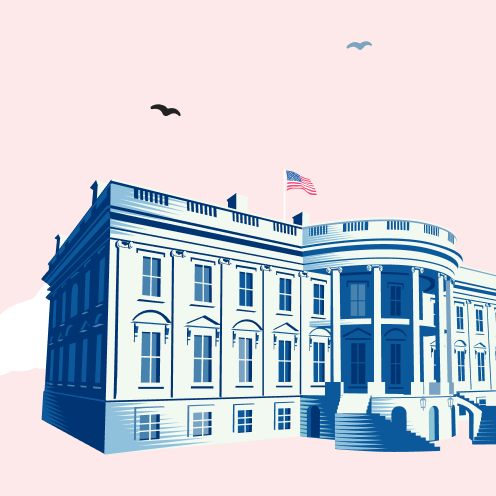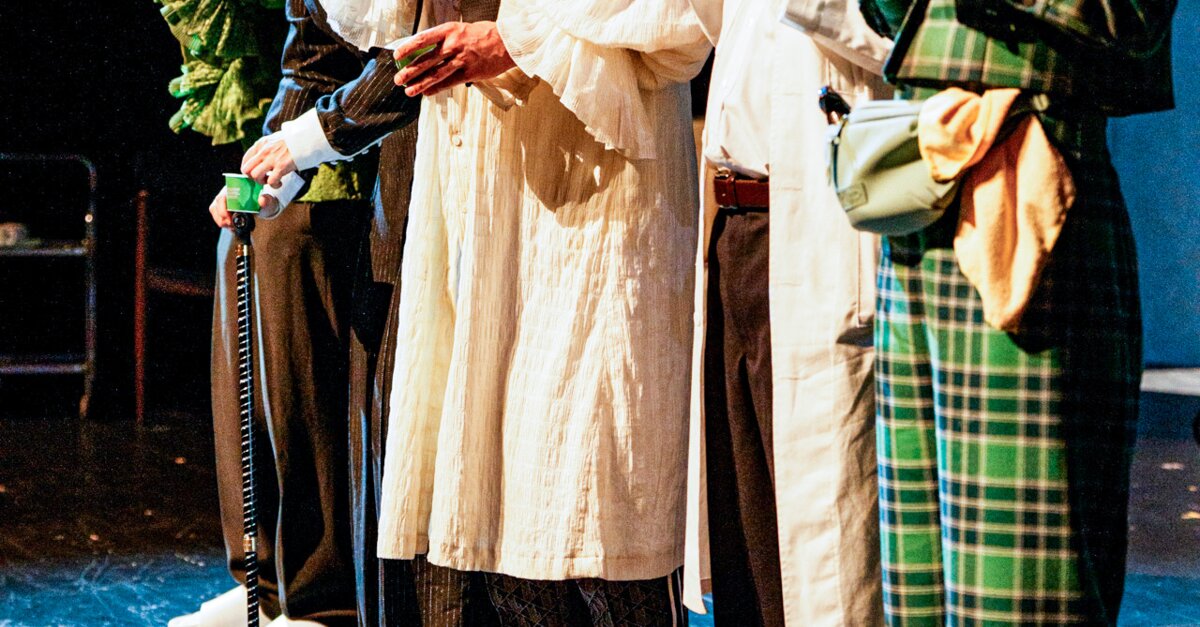‘flame Baseball’ Ignites After Dispute with JTBC‘s ‘Strongest Baseball’
Table of Contents
- 1. ‘flame Baseball’ Ignites After Dispute with JTBC’s ‘Strongest Baseball’
- 2. JTBC Alleges Copyright Infringement
- 3. A Clash Over Production Costs
- 4. Implications and Future Outlook
- 5. What legal strategies might Studio C1 pursue to defend “Flame Baseball” against JTBC’s copyright infringement claims?
- 6. Exclusive Interview: Legal Battle Brews as “Flame Baseball” Takes the Field
- 7. Understanding the “Flame Baseball” Controversy
- 8. Copyright Infringement and the “Strongest Baseball” Narrative
- 9. The “Turnkey” method and Financial Disputes
- 10. Comparing to US Entertainment Industry Practices
- 11. The Future of “Flame Baseball” and Implications
- 12. A Call to Action for Our Readers
By Archyde News
A new baseball program, “Flame Baseball,” has emerged from a conflict between production company Studio C1 and Korean broadcaster JTBC, previously associated with the show “Strongest Baseball Season 4.” Despite the ongoing dispute, “Flame Baseball” has launched with key personnel and a familiar format, sparking concerns over potential copyright infringement.
Studio C1 officially announced the program and its team, the “Fireworks fighters,” on January 14th, according to OSEN. The team is scheduled to play its inaugural match against the Gyeongbuk High School baseball team at the prestigious Gocheok Sky Dome over a two-day period. This quick turnaround underscores the determination of Studio C1 to proceed despite the legal uncertainties.
social media posts have amplified the anticipation. A sporting goods store’s Instagram story featured the hashtag ‘#FlameBaseball,’ showcasing Captain Park Yong-taek, a prominent figure from “Strongest Baseball,” sporting baseball gear adorned with blue fireworks and his signature number 33. This suggests that the core cast and coaching staff have largely remained intact, further blurring the lines between the two programs.
JTBC Alleges Copyright Infringement
JTBC officials have voiced serious concerns regarding the new program. “I am concerned about copyright infringement because it seems the cast and production of the ‘strongest baseball’ appears to appear in the ‘strongest baseball’ narrative,” a JTBC spokesperson stated. They added, “We have requested to stop the production, and we are also in progress.” This statement highlights the core of the dispute: JTBC’s belief that “Flame Baseball” is essentially a continuation of “Strongest Baseball” under a different name,using the same key personnel and narrative structure.
A Clash Over Production Costs
The simmering conflict between JTBC and Studio C1 extends beyond copyright concerns and delves into disagreements over production costs. JTBC claims that Studio C1 submitted an “excessive production cost” and failed to provide adequate documentation. Studio C1, though, defends its financial practices, asserting that the production cost was determined using a “turnkey” method, where the final amount per round was pre-agreed upon. This difference in perspective reveals a fundamental disagreement on how production expenses were managed and accounted for.
The dispute mirrors similar situations that have unfolded in the U.S. entertainment industry. Such as, disagreements between studios and production companies regarding budget overruns are not uncommon, frequently enough leading to legal battles and project delays. The concept of a “turnkey” project, where a fixed price is agreed upon upfront, is also prevalent in U.S. construction and technology sectors, offering both cost certainty and potential risks for both parties involved.
| issue | JTBC’s Position | Studio C1’s Position |
|---|---|---|
| Copyright | “Flame Baseball” infringes on “Strongest Baseball.” | (Implied) No infringement; program is distinct. |
| Production Costs | Costs were excessive and undocumented. | Costs were pre-agreed via a “turnkey” method. |
Implications and Future Outlook
The legal battle between JTBC and Studio C1 could set a precedent for future disputes involving production companies and broadcasters in South Korea, similar to how landmark copyright cases in the U.S.have shaped the entertainment landscape. the outcome will likely hinge on whether JTBC can successfully demonstrate that “Flame Baseball” is indeed a derivative work that infringes on the copyright of “Strongest Baseball” or if Studio C1 can prove that their new program is sufficiently distinct and original.
For U.S. viewers, this situation highlights the global complexities of copyright law and the challenges of protecting intellectual property across borders. The case also underscores the inherent risks and potential conflicts that can arise in the collaborative world of television production. Cases like these serve as cautionary tales for U.S. media companies, emphasizing the importance of clear contracts, clear financial practices, and a thorough understanding of copyright regulations to avoid costly legal battles and reputational damage.
What legal strategies might Studio C1 pursue to defend “Flame Baseball” against JTBC’s copyright infringement claims?
Exclusive Interview: Legal Battle Brews as “Flame Baseball” Takes the Field
By Archyde News
Archyde News sits down with legal analyst, ms.Sarah Kim, to dissect the brewing conflict surrounding the new baseball program, “Flame Baseball,” and its potential copyright infringement claims.
Understanding the “Flame Baseball” Controversy
Archyde News: Ms. Kim, thank you for joining us. Can you give our readers a speedy overview of the situation with “Flame Baseball” and the claims against it?
Ms. Kim: Certainly. “flame Baseball” is facing legal challenges from JTBC, a Korean broadcaster. JTBC alleges that “Flame Baseball” infringes on the copyright of their previous show,”Strongest Baseball.” The dispute centers on the use of similar personnel, the baseball format, and the underlying narrative structure. They’ve cited potential copyright infringement and also disagreements over production costs.
Copyright Infringement and the “Strongest Baseball” Narrative
Archyde News: What are the key elements JTBC might be arguing constitute copyright infringement?
ms. Kim: They’re likely focusing on several aspects. First, the existing cast and core coaching staff, particularly if they are key elements of the new program, will be looked at. Second, the overall format; if “Flame Baseball” mirrors “Strongest Baseball”‘s structure with a group of veteran baseball players competing in matches, similarities in the narrative arc and even the presentation style could be cited as violations of copyright.
Archyde News: The article mentions potential issues with production costs.How is this influencing the current battle?
Ms. Kim: Production cost disputes often add another layer to these situations.JTBC’s issue with alleged excessive costs and a lack of documentation could be a secondary, but still crucial lever for negotiation.
The “Turnkey” method and Financial Disputes
Archyde News: Studio C1 claims they utilized a “turnkey” method for production costs. how does this impact the legal landscape?
Ms. Kim: The “turnkey” method, where a fixed price is agreed upon upfront, is common.While it can offer cost certainty, it also means Studio C1 had a set budget, agreed upon with JTBC. If JTBC now claims excessive costs and lack of documentation, it could imply that production went over budget, so the legal battle has started.
Comparing to US Entertainment Industry Practices
Archyde News: The article points to parallels with the U.S. entertainment industry. Could you elaborate on them and which ones are the most critical to follow?
Ms. kim: Disagreements over budgets, particularly overruns, are not unusual. Also, clear contracts and financial records can be considered a cornerstone of preventing legal battles. When we talk about copyright, any media company, particularly in the U.S., must understand the nuances of copyright laws in countries where their content is distributed, to ensure that there is no infringement.
The Future of “Flame Baseball” and Implications
Archyde News: What are the potential outcomes of this case, and what impact could this have on the Korean entertainment industry?
Ms. Kim: The outcome hinges on whether JTBC can prove “Flame Baseball” is a derivative work that infringes on “Strongest Baseball.” If Studio C1 can successfully prove their program is distinct and original, they may be able to continue. This case has wider ramifications, establishing a precedent for production company and broadcaster disputes in South Korea.
Archyde News: Do you see any potential implications for U.S.media companies?
Ms. Kim: Absolutely. This serves as a potential case for the importance of thorough copyright law comprehension, and also the criticality of having clear contracts and financial documentation, including understanding cultural nuances.
A Call to Action for Our Readers
Archyde News: Ms. kim, thank you for your insights. This situation raises some interesting points. What advice would you provide to television production companies?
Ms. Kim: The most important message is always to have very clear contracts with robust intellectual property clauses,and to ensure that financial practicies are clear,transparent and that all parties involved have complete access to all relevant details,in order to avoid future issues.
Archyde News: Thank you, Ms. Kim, once again, for your expertise. What are your thoughts on this legal saga? Do you think “Flame Baseball” will succeed, or will JTBC prevail? Share your perspective in the comments below!







